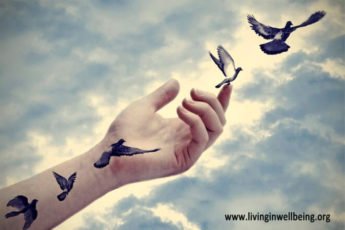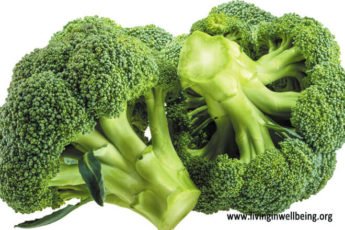
Happy people have key strengths. An important strength is wisdom. Finding out what happy people are really like has led research into Positive Psychology that can help each of us grow happier. One of the keys to happiness is boosting our wisdom through our natural curiosity.
Dr Martin Seligman has led research into positive psychology and happiness. He's identified six virtues that build on the personal strengths we all have in larger or smaller amounts. The six are wisdom, courage, humanity, justice, temperance (an ability to show restraint) and transcendence (paying attention to the world outside ourselves.)
Wisdom is one of the core happiness virtues. It's about adding to our skills and knowledge and using them wisely. There are hundreds of ways that we can grow our store of wisdom.
Curiosity is one of the personality strengths that help to develop our wisdom, and contribute to an overall boost in happiness.
Curiosity may have killed the cat but he probably died happy. Children are great at curiosity. Why is the sky blue? How many peas can I stick up my nose? When we grow up we often stop asking questions and stay in our safety zone. That way we miss opportunities for that buzz we can get from finding out new things.
Start to ask yourself: What if? What if I listened to a different radio station today? What if I made that suggestion to my boss? What might happen? How would I feel?
Often, we're too scared to try, so we go on getting up at the same time, eating the same breakfast, listening to the same music, even saying the same things to the same people every day.
We can make changes.
The 'What if?' experiment
It's scary but exciting to do things differently. Start off simply. Try a new way of doing one thing every day and see how it makes you feel. Here are some suggestions to start you off.
* Eat something different for breakfast; if you usually have muesli, try porridge, or yoghurt and toast. Try coffee instead or tea, or the other way round.
* Take a different route to work; maybe you could use the bus instead or the train, or give yourself a bit of extra time to walk to the station through new streets. Who knows what you might see?
* Do something different at lunchtime: try a different type of sandwich, sit in the park and read a book.
* Take a quiz that might tell you something surprising about yourself. There are plenty to find on the internet.
* Rearrange the furniture. You might find your room looks bigger, or it may spur you on to redecorating.
* Choose a book from the library that you would never normally read, and read at least one chapter; perhaps that new author will become one of your favourites;
* Google something that you know nothing about. Maybe ice hockey, or pottery. Find out all you can about it;
* For one full day say 'yes' to every suggestion anyone makes to you and see what happens.
* Think about taking a course in something you always wanted to do.
The point of experimenting like this is to explore what it feels like to take a step out of the ordinary and find out something new. After all, if you do the same thing every day, what stories will you have to tell your grandchildren?
Enjoy your new found wisdom.












